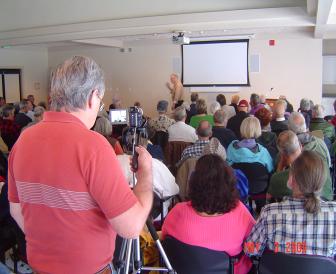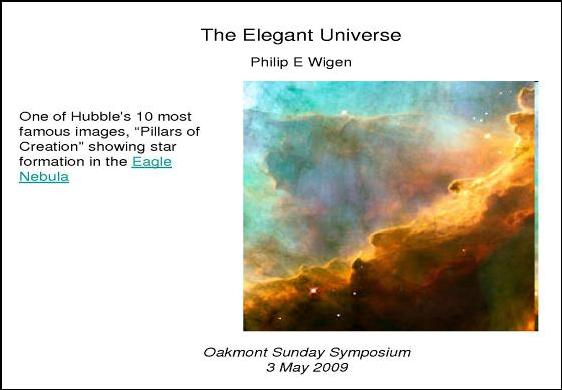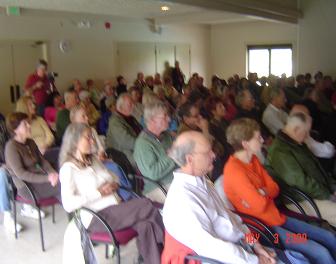|
The Sunday Symposium at Oakmont Village |
|
*If you’re using Internet Explorer, right-click, select Save Target As, and select a location on your hard-drive to save the mp3 file. |
|
With the age of the Enlightenment, philosophers began to ask new questions about their surroundings and to make quantitative measurements of the events occurring in their midst. The meticulous measurements of the position of the planets by Nicholas Copernicus (1473-1543) and Tycho Brahe (1546-1601) and the observations of Galileo Galilei (1564-1642) led to the concept of a solar-centric planetary system. The introduction of new mathematics by Isaac Newton (1643-1727) allowed the mathematical analysis of the data and the ability to predict future events. The age of science began and lead to the breathtaking scientific results we read about today, both at the level of the cosmos and its beginning with the Big Bang to the intricacies of Quantum Mechanics allowing our understanding of the atom and inner workings of the nucleus. Dr. Wigen reviewed the development of these dramatic findings and how it has led to the ever increasing role of science and technology in our rapidly progressing world of today. He concluded his talk with a review of some of the important physical constants, such as gravity, nuclear forces, in homogen- eity of the cosmos, and how very small changes of these constants would negate the evolution of life and humankind as we know it today. |








|
May 3, 2009 |